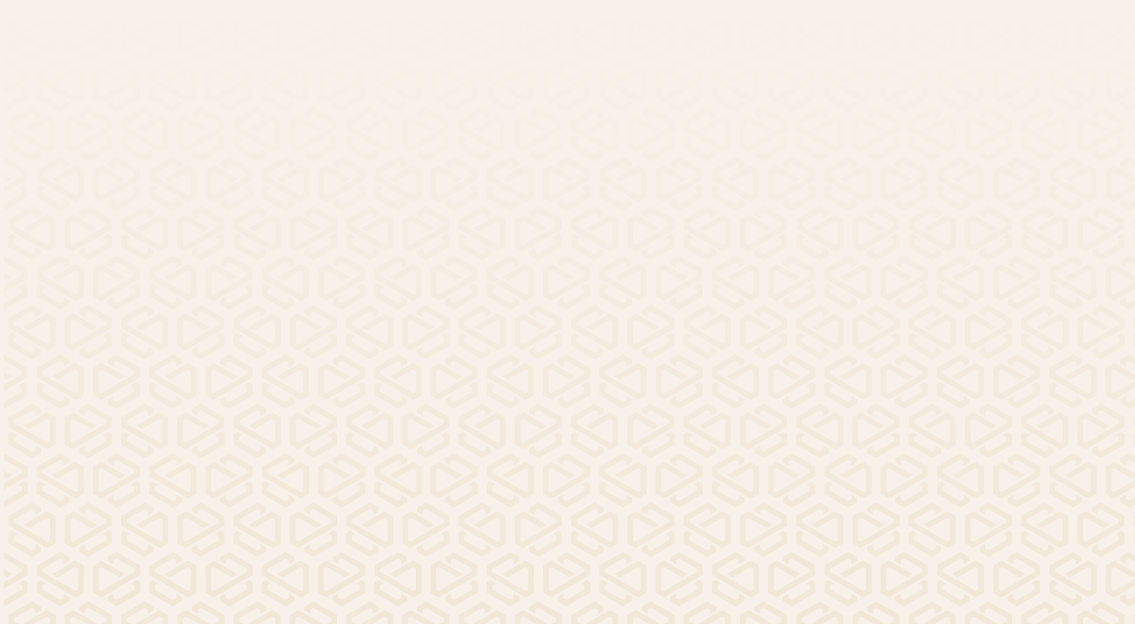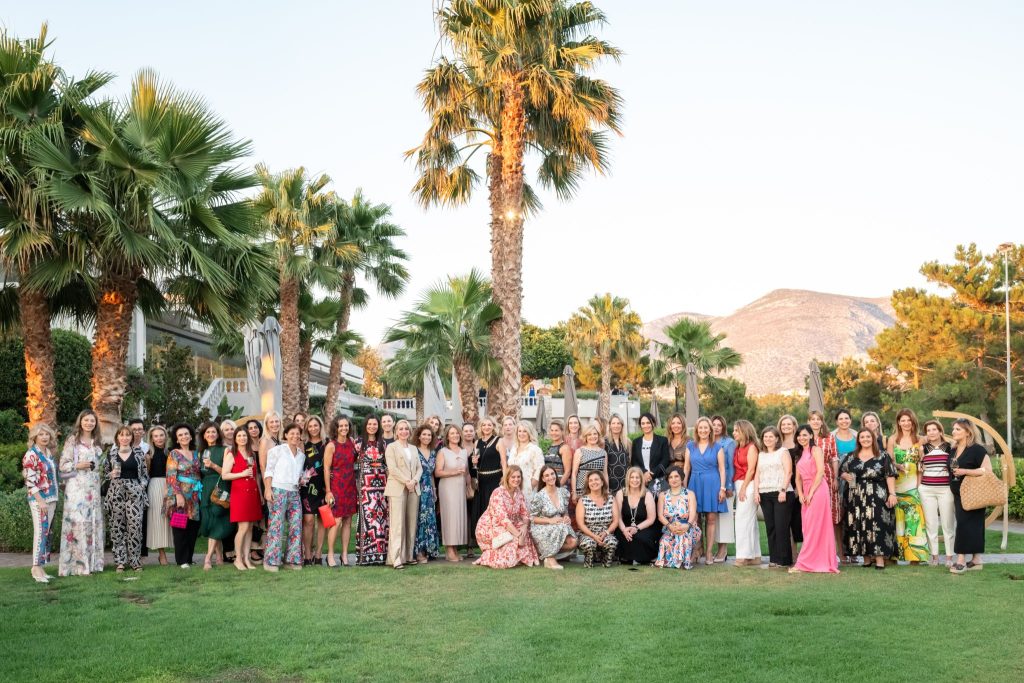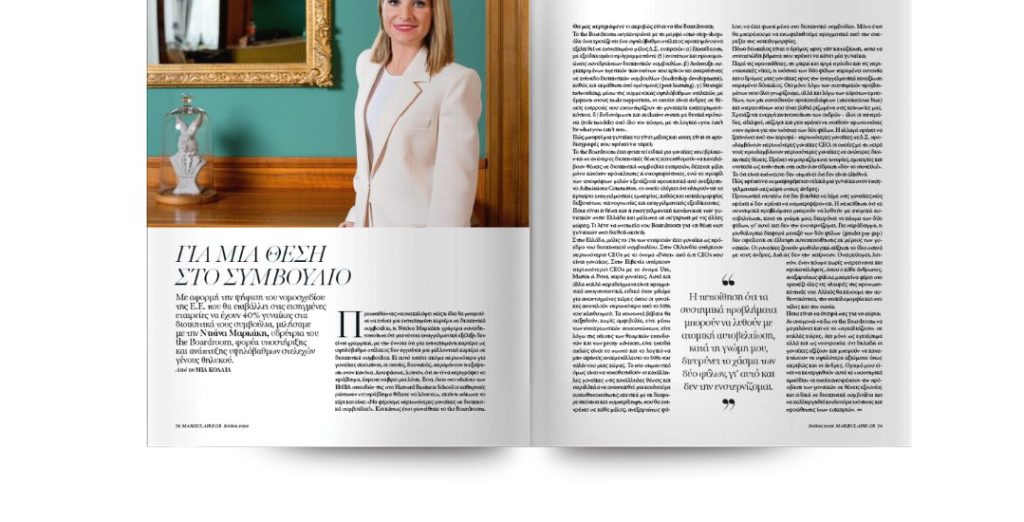Below are highlights from our conversation with Christine Armstrong on work-life balance, on our podcast “Unlocking the Boardroom”.
Christine Armstrong is an internationally renowned researcher, author and vlogger on the future work. Christine has an amazing way of summarizing the key findings of lengthy and complex research in a profoundly simple way, making you questions your own assumptions, while hanging on to her every word, and laughing “helplessly”.
The Future of Work.
The problem we had before Covid is that work was great and fine if you had nothing else that you needed to do. But as soon as you had something else you needed to do, it did not work. Because work, and particularly knowledge-based jobs, was taking up so much time that people were very stressed and overwhelmed. So, the way that I look at it is, that is has gone form one working model, where everyone was at the office, to several different potential working models. Like working form anywhere, hybrid models, the four-day week etc. What really matters is that employees can choose to look at companies and evaluate them based on the model they are offering, alongside the salary or other benefits they want. That is exciting for work-life boundaries
Work-life boundaries (aka balance)
The thing with “balance” is that it is very precarious as a word isn´t it? I tend to move away from the word “balance” and think more about “boundaries”. I think it is possible to have some boundaries between work and home, and I think it is possible for organizations to help employees and their teams a lot with those boundaries. It would really help them to make a definition between when you´re focused and working and when you are doing other things. Lots of organizations don´t do that at the moment. I think that the next face of work will be about managing those boundaries better. Because we want people to be productive and to feel satisfied with their work. And the problem we have at the moment is that people are so overwhelmed by communication, that they can´t do the real work.
Managing time and energy to avoid burnout
You need to be realistic about your lifestyle at the moment and be realistic about whom you take advice from. I get recommended a lot of books about productivity, but a lot of them are written by men who don´t have children or don´t appear to care for those children. So, the advice they give me do not work for me. What helps me is prioritizing family time and enjoying the little moments, like the walk to school with my children. I also track my energy levels; I organize my diary in the morning when I´m clear thinking and in the afternoon my energy drains, so I put in calls and other things that give me more energy.
The fear of being publicly challenged (and how to overcome it)
The first thing is that people challenge directly less often than you expect. The second thing is, you can go in to any presentation prepared. If you know your subject, if you know who is in the room, you can make an educated guess about who might challenge and then you can have an approach to deal with that. If humour is something that comes naturally to you and you´re comfortable with, sometimes that can really help as well. You can make a joke and say “ahh, I didn´t expect anyone to raise that point”. Or if someone disagrees with you, just open a question up to the room and involve the others.
If you want, you can listen to the full episode here.







